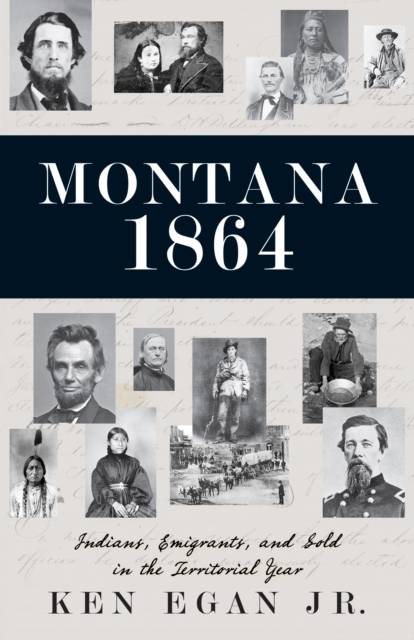
- Retrait gratuit dans votre magasin Club
- 7.000.000 titres dans notre catalogue
- Payer en toute sécurité
- Toujours un magasin près de chez vous
- Retrait gratuit dans votre magasin Club
- 7.000.000 titres dans notre catalogue
- Payer en toute sécurité
- Toujours un magasin près de chez vous
29,95 €
+ 59 points
Description
In 1864, vast herds of buffalo roamed the northern short-grass prairie and numerous Native American nations lived on both sides of the adjacent Continental Divide. Lewis and Clark had come and gone, and so had most of the fur trappers and mountain men. The land that would become Montana was mostly still the wild and untrammeled landscape it had been for millennia. That all changed in a single year--1864--because of gold, the Civil War, and the relentless push of white Americans into Indian lands. By the end of that pivotal year in the history of Montana--and in the history of the American West--Montana was the newest United States territory. In Montana 1864, writer and scholar Ken Egan Jr. captures this momentous year with a tapestry of riveting stories about Indians, traders, gold miners, trail blazers, fortune-seekers, settlers, Vigilantes, and outlaws--the characters who changed Montana, and those who resisted the change with words and war. Egan's vivid narrative style immerses readers in the conflicting currents of western expansionism as it actually happened, providing a unique and thought-provoking examination of Montana's beginnings.







